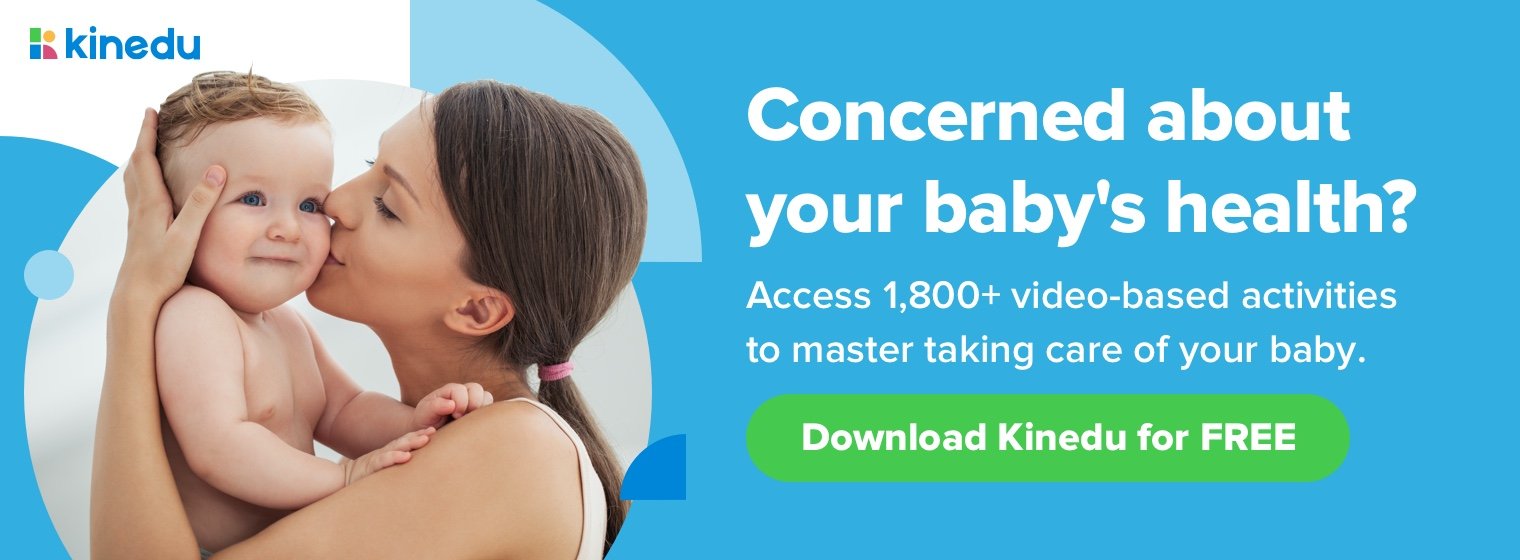Key points:
- Prenatal and postnatal vitamins provide essential nutrients for you and your baby’s health.
- Essential nutrients in prenatal vitamins include folic acid, iron, vitamin D, fish oil, and calcium.
- Continue taking prenatal vitamins during pregnancy and breastfeeding.
- Specific nutrients like fermented choline, methylfolate, and Vitamin K2 are important. Fish oil supports brain health, and calcium aids skeletal development.
About to welcome a baby or recently became a new parent?
You may find yourself searching for the right prenatal or postnatal vitamin pack to ensure both you and your little one receive the necessary nutrients for good health. While a healthy diet should be your primary source of vitamins and minerals, sometimes it’s challenging to meet all your nutritional needs through food alone. That’s where supplements can be beneficial.
During breastfeeding, your body requires an increased intake of all essential nutrients, which can be effectively supported by a well-balanced diet. However, even with a healthy eating plan, you might still fall short on certain key nutrients, and that’s when supplements come into play. It is recommended to continue taking prenatal vitamins even after pregnancy, as they serve well as postnatal vitamins. These vitamins provide crucial nutrients that support your own well-being and ensure your breast milk remains a valuable source of nourishment for your baby. When selecting your supplements, make sure they contain essential nutrients such as folic acid, iron, vitamin D, fish oil, and calcium.
How long should you continue taking prenatal vitamins?
It is advisable to take prenatal vitamins throughout your entire pregnancy. Your healthcare provider may recommend continuing their use after giving birth, especially if you’re breastfeeding. Which specific nutrients are recommended during the postnatal period?
- Prenatal vitamins can be continued during breastfeeding to provide essential nourishment for your baby. Most prenatal vitamin formulations include approximately 20 vital nutrients that fulfill the nutritional needs of both you and your little one. Pay attention to ingredients such as fermented choline, methylfolate (a more easily absorbed form of folic acid), and Vitamin K2, as these may not be included in all prenatal formulations.
- Fish oil is an excellent source of omega-3 fatty acids, particularly DHA, which is essential for maintaining cognitive health. As many women reduce their fish intake during pregnancy and breastfeeding due to concerns about mercury, fish oil supplements can help ensure an adequate intake of these beneficial nutrients, supporting your baby’s brain health and nervous system.
- Calcium is another important nutrient, and some mothers may not obtain sufficient levels through their regular diets, particularly if they are vegan or lactose intolerant. Calcium plays a vital role in your baby’s skeletal development and supports your own bone health. Supplementing with calcium is crucial, especially as our ability to absorb it decreases with age. For better absorption, consider combining your calcium intake with vitamin D and K. If you have a sensitive stomach, look for supplements that are gentle on digestion. Some formulations are fermented with probiotics or yeast, making them easier to digest and less likely to cause nausea.
Taking your supplements with a meal can also enhance absorption. If you’re seeking a personalized recommendation, talk to your doctor about your particular situation, they will know exactly what you and your baby need to stay healthy. Remember, it’s important to consult with your healthcare provider before starting any new supplements to ensure they align with your individual health requirements.









